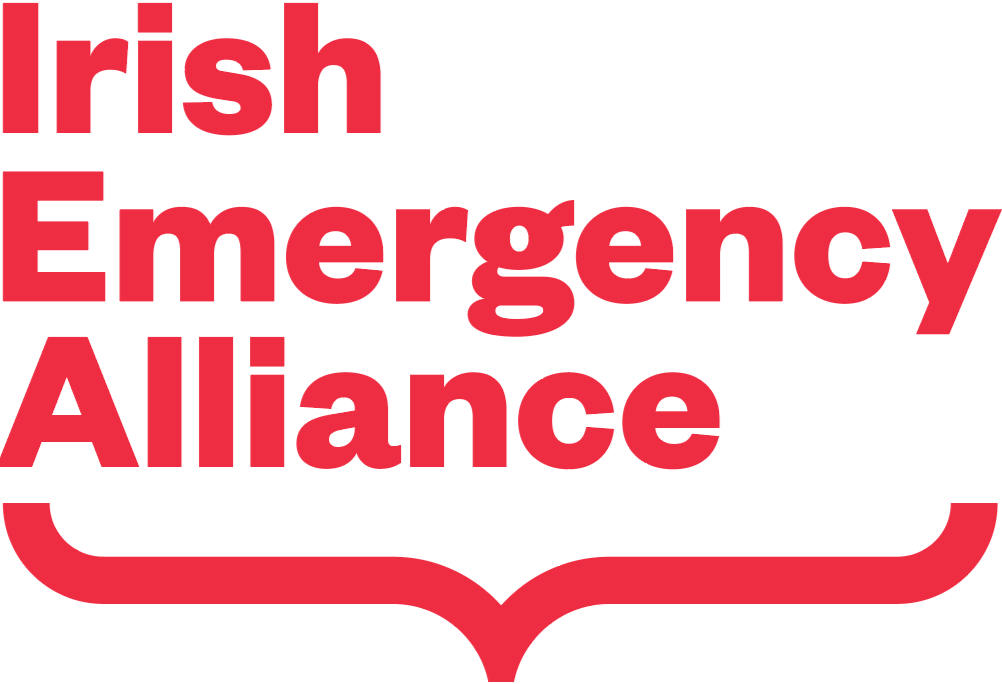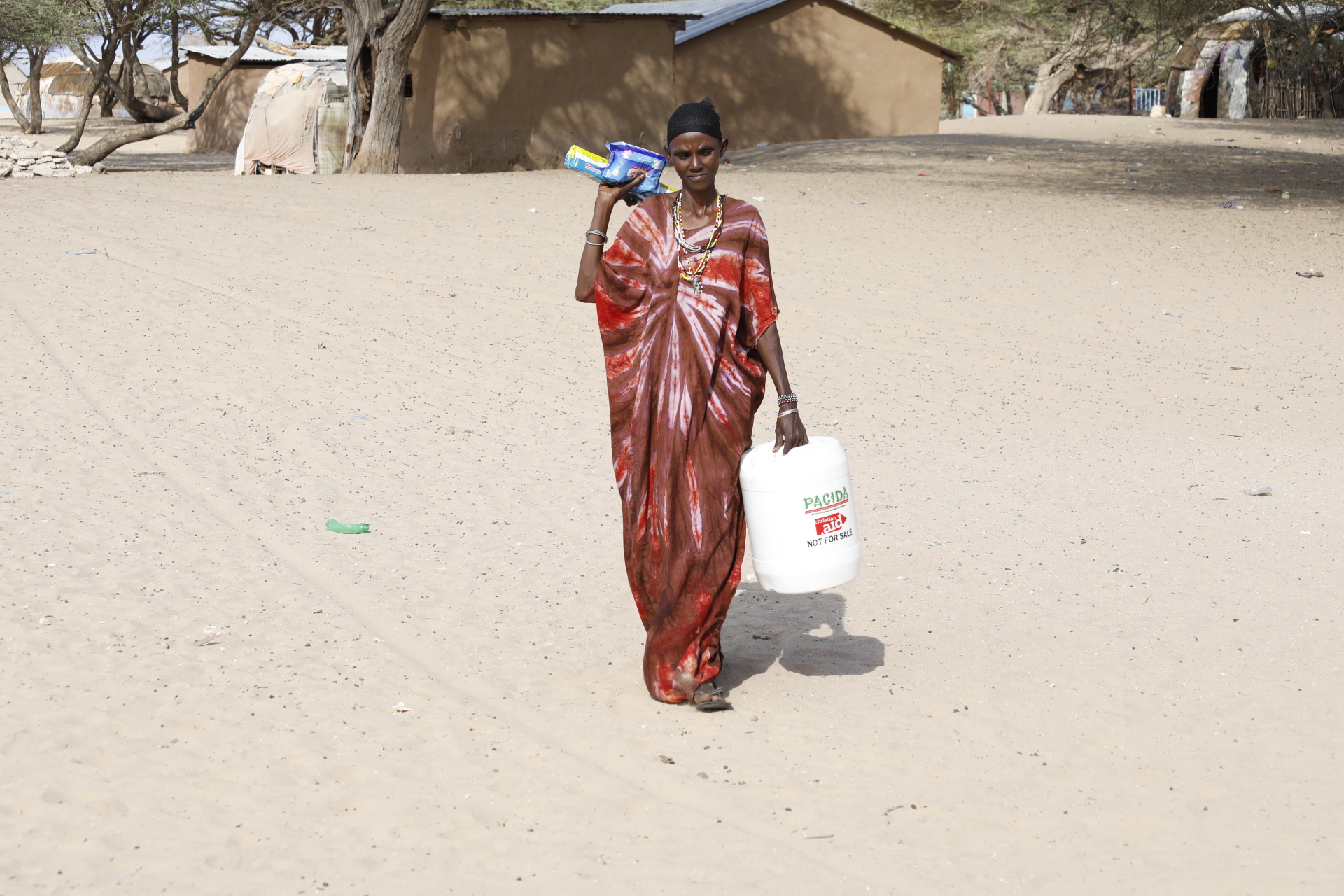In North Horr town in Marsabit County in northern Kenya, Kame Qurre and her six children would often go for days without food because of the impact of the ongoing drought.
North Horr town is next to the Chalbi desert and experiences frequent sandstorms.
The 20-year-old is a single mother, raising her children on her own after separating from her husband. However, her situation is made worse because of the impact of five failed rainy seasons in a row.
When my husband left, all I had were my 10 goats which provided milk for my family. However, due to the drought all the goats have died as there was no grass left for them to eat..I don’t know how I am going to survive. Every day is a struggle. I would like to see all of my children in good health, having decent meals and clean water.
Despite having her children to look after, including a one-year-old, Kame says that her only way to survive now is by finding occasional work cooking for and washing the clothes of other people.
I get paid 500 Kenyan shillings for a day’s work. I spend 200 on food for the family and the rest I pay for my son’s school fees and save some of the remaining cash.
In the second half of 2022, thanks to two rounds of emergency funding from Irish Aid as well as additional money raised by the Irish public through the Irish Emergency Alliance appeal, Christian Aid’s local partner PACIDA distributed to over 1,100 families in Marsabit 9,000 Kenyan shillings (around €75) per month for three months so that they could afford to buy enough food to eat. These families were also given a hygiene kit made up of bars of soap, sanitary towels and a jerrycan for collecting and storing water.
Kame said: “The money was really helpful, I could afford to have three meals a day and also buy fruit for my children.”

